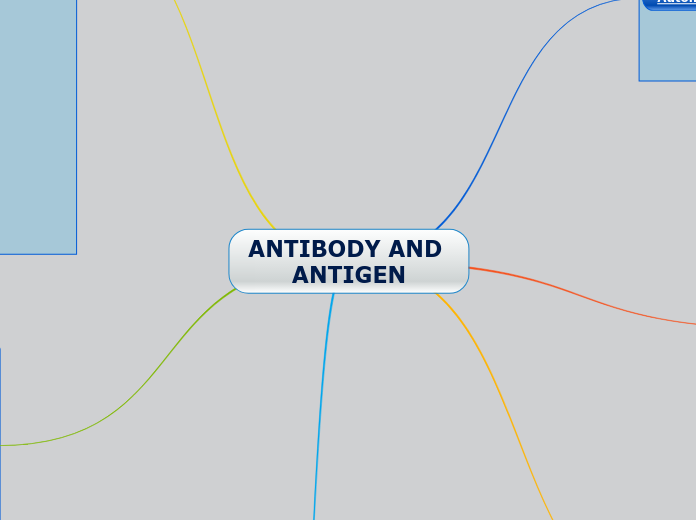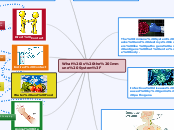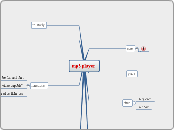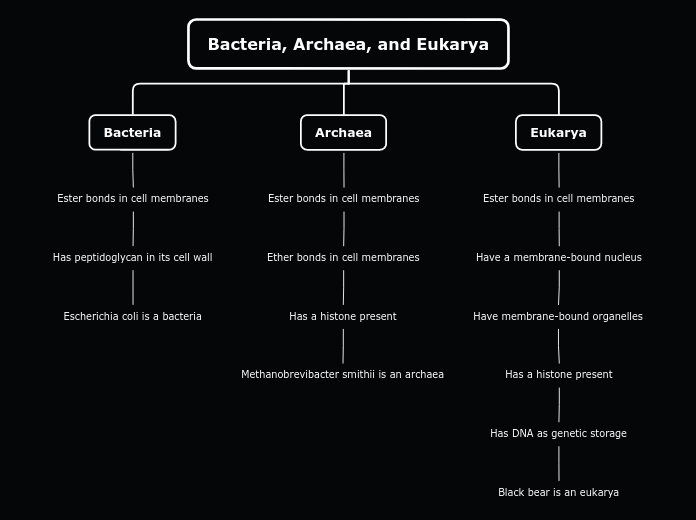arabera Yolanda Soto 4 years ago
661
ANTIBODY AND ANTIGEN
Antibodies are specialized proteins that play crucial roles in the immune system by identifying and neutralizing foreign substances such as bacteria and viruses. There are several classes of antibodies, each with distinct functions.









